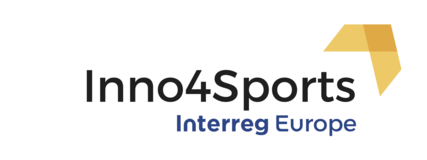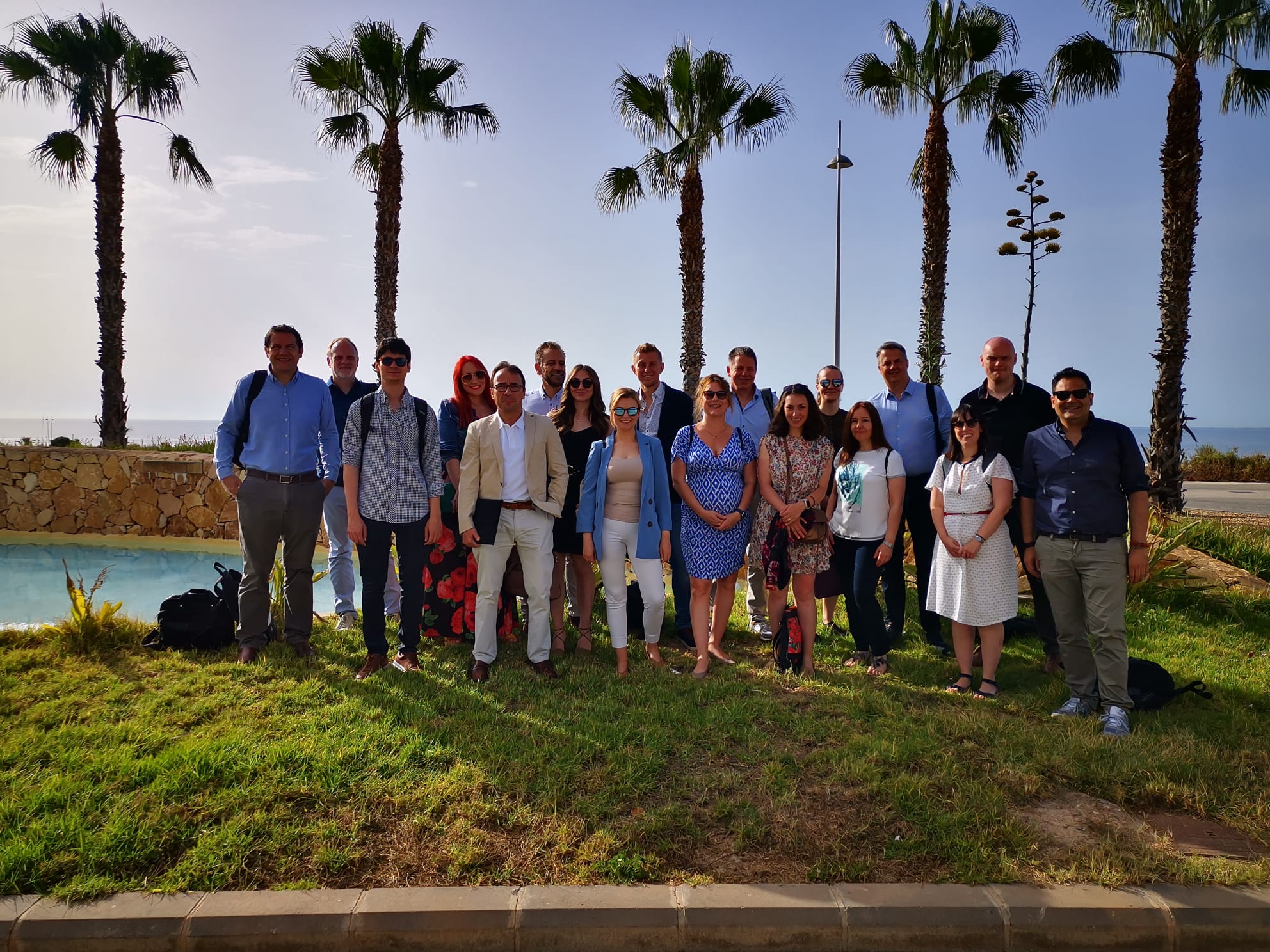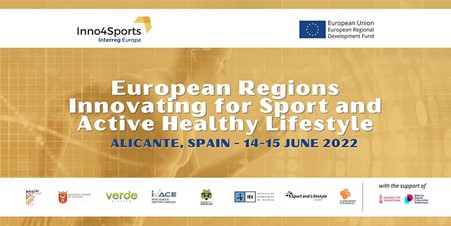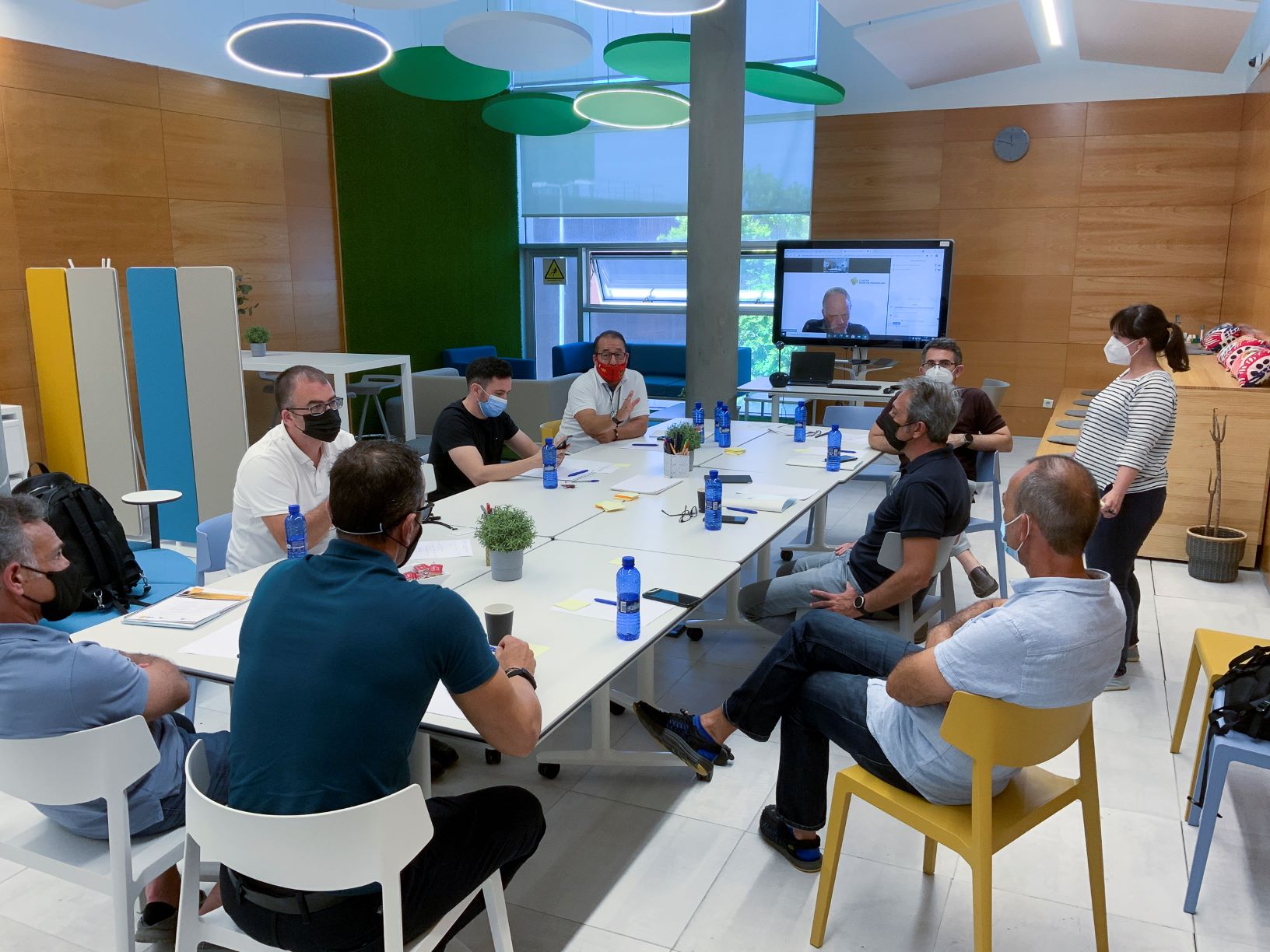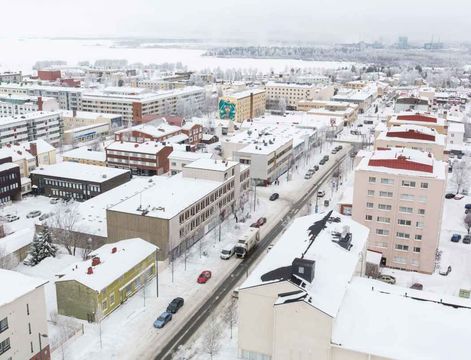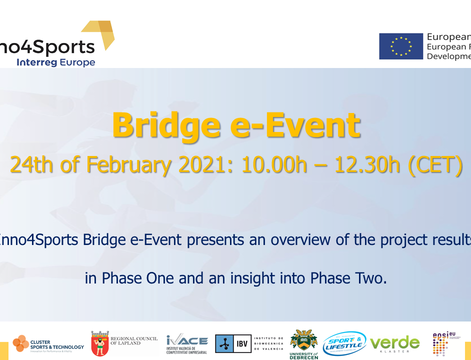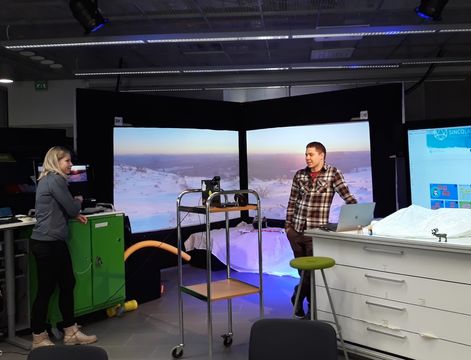Background & Challenges
Sport and sport industry play an important role in the North-Great Plain Region. Its capital, Debrecen – the second largest city in Hungary – has always been a hub for innovation with regards to life sciences, and related technologies. MSE Hungarian Lifestyle and Development Cluster is the only sport cluster in Hungary with 31 members with the aim of boosting the cooperation between the public sector (including state institutions) and SMEs in Research & Development and technology development for sports and health. The Institute of Sport Sciences at the University of Debrecen offers more than 200 courses in sport sciences. They have a sport strategy to solve all the sport tasks that help the university's citizens to develop a healthier lifestyle, fulfil their classroom responsibilities, meet their mobility needs, and enhance the university's reputation through sport.
The level of cooperation between different actors of the region is still low, and the goal is to improve the intensity of cooperation between cluster members and other actors, as well as go towards the quadruple helix.
One of the biggest challenge is that education does not prepare for the establishment of a company, therefore knowledge on running a business is low of most of the SMEs. Without the proper knowledge on the market and financing methods SMEs struggle with reaching the market with their innovative ideas. Very few SMEs which operate in the field of sports apply for EDIOP calls. The innovative ecosystem is also weak in Hungary.
Inno4Sports and Good Practices – lessons learnt
The Inno4Sports project allowed MSE Cluster Ltd. and the Institute of Sport Sciences to learn from their partners and use the knowledge to develop the Regional Action Plan with the aim to improve the Economic Development and Innovation Operational Programme 2021-2027 (EDIOP). For the objectives of the project this is to be achieved via EDIOP addressing SMEs to foster market access of innovative ideas in the field of sports and related areas in Hungary.
The most affirming inspirations for Hungary derive from the Netherlands, Lapland and Spain.
- Eindhoven, the Netherlands
Our overall impression was that innovation is a very important part of businesses and different actors; they cooperate with each other through associations or other umbrella organizations to enhance the capacity to access local and foreign markets. We can say that innovation is the driving force of running businesses. SMEs integrate all the recent improvements into their products or services, like developing apps for phones, integrating sensors, using smart materials. We learnt from the good examples of “HoogersProduct Development”, YOU-FO that the first step is the market analysis, identifying the market segments, than they need to cooperate with interested parties for the sake of success. In Tongelreep we learnt how innovation could contribute to sport successes, hence sport economy.
- Valencia, Spain
This good practice has showed us that there is a huge potential in cross sectorial cooperation, and in order for the cross sectorial cooperation to work a special facilitator is needed. Valencia region wanted to explore new opportunities in cross sectorial cooperation. Therefore, they launched an Innovation Lab and gathered the quadruple helix actors from the region. In Hungary in our region there is a huge potential in cross sectorial cooperation due to a large number of different type of actors. Public authorities both at regional and local level support healthy lifestyle, so we can adopt the model how this cooperation possibilities can be exploited in the region and we promote the inclusion of the establishment of such regional hubs in EDIOP calls.
- Lapland, Finland
The Arctic Sport Network is part of the Arctic Smartness initiation - a collaboration aiming for implementing Lapland’s S3. The most interesting, inspiring and useful part was the operation of the Artic Sport Network. This Good Practice depicts how collaboration - which in our region is a need – can meaningly gather the Q4 helix’s actors and exploit the full potential in sport and sport economy to support new and/or innovative businesses and support healthy lifestyles.
The Action
The main aims of the AP are to contribute to a decision to support SMEs sport related business activities within the scope of the OP, and that SMEs be prepared for new calls and improve their cooperation willingness and possibilities by an information campaign. The goal of the campaign is to gather the Q4 helix actors and initiate a conversation about overcoming the current challenges (i.e. COVID 19, needs of the market, digitalization, internationalization etc.).
In order to achieve this aim it is needed that SMEs be prepared for innovatively running their businesses and exploiting the opportunities in sport companies. When extending their activities they also contribute to the economic development of the region.
